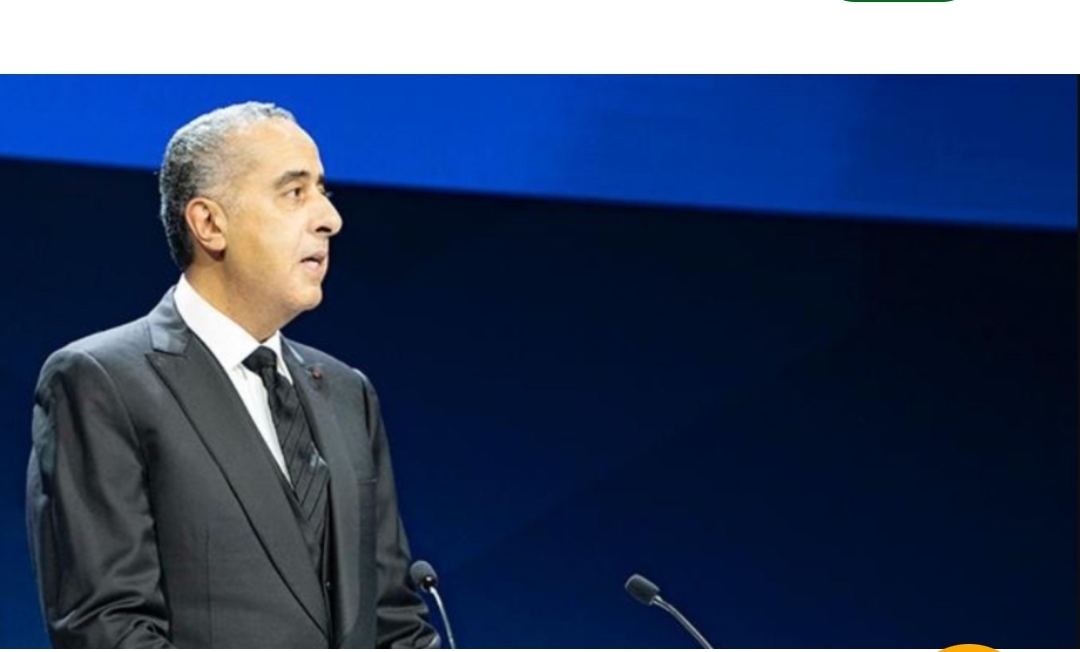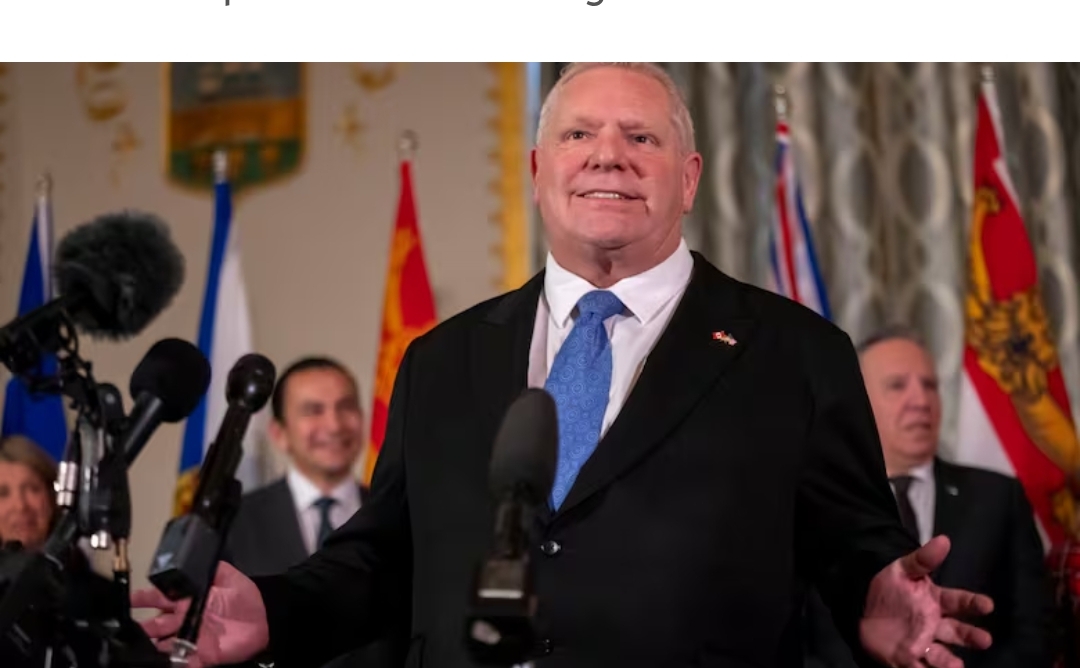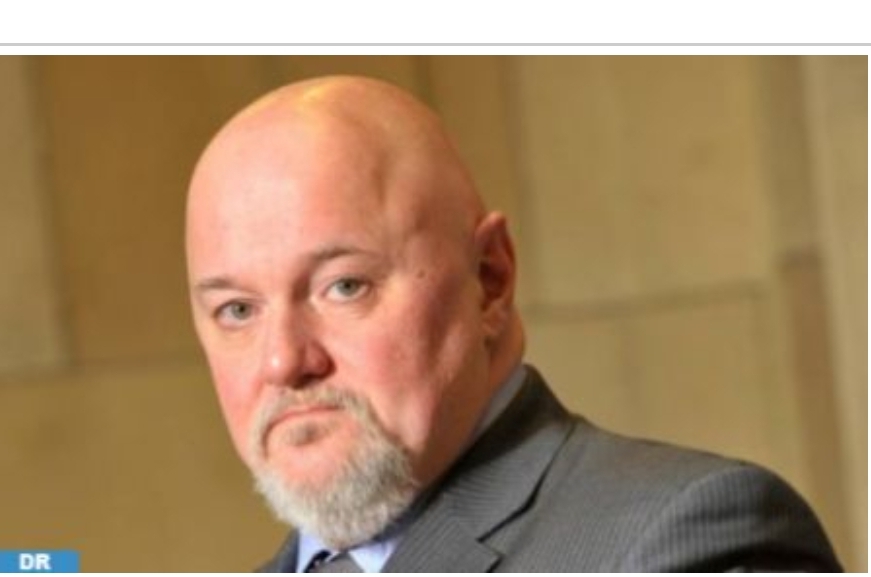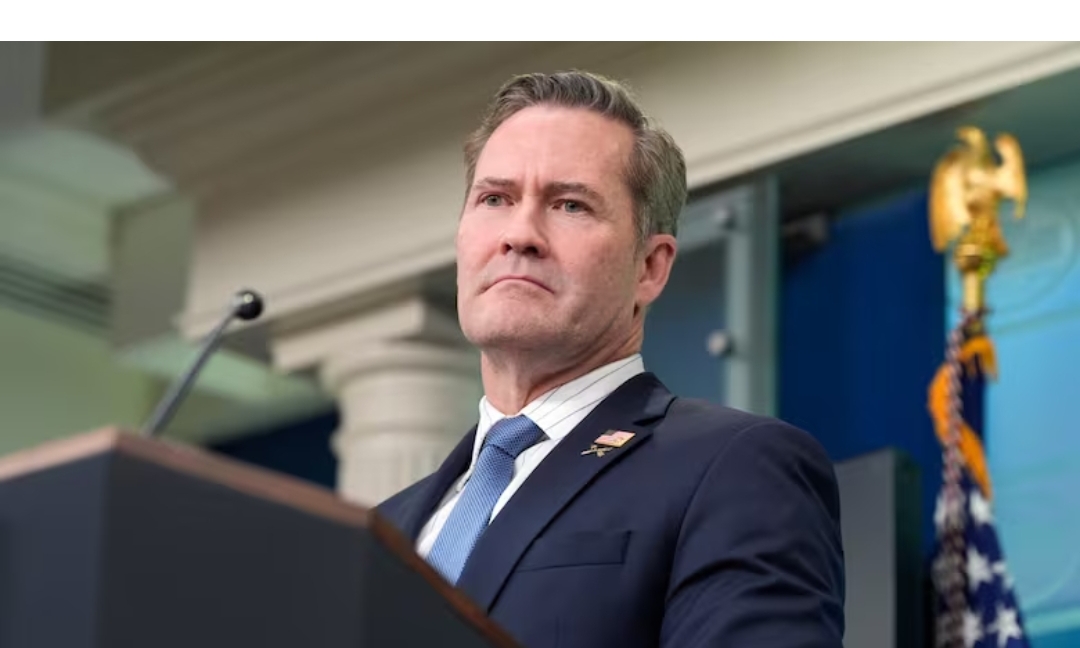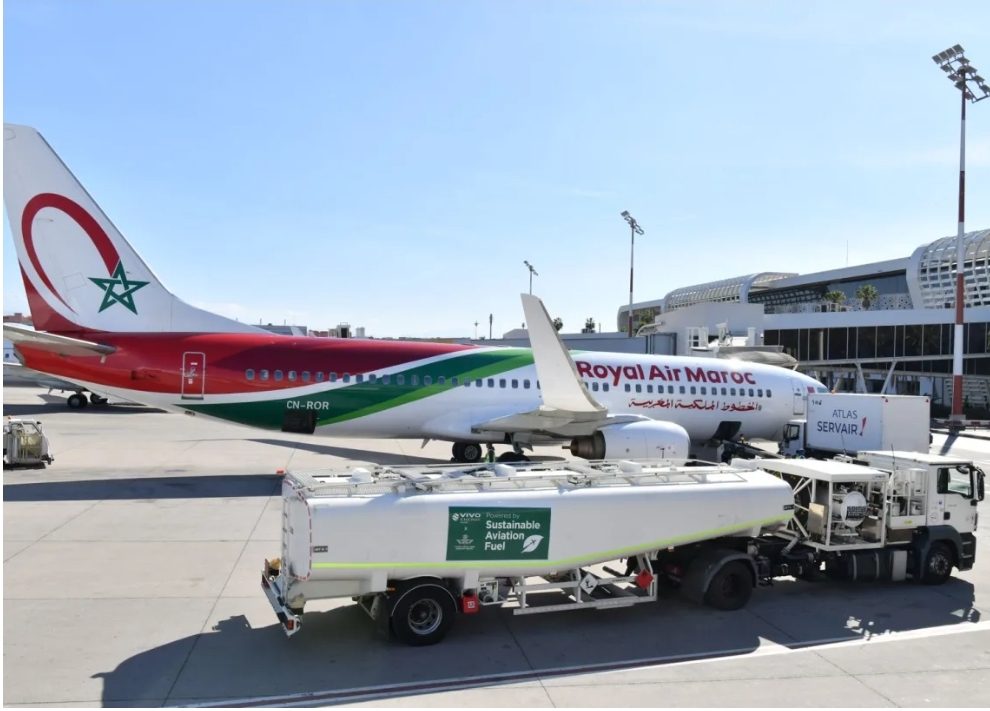Assahafa.com
OC Transpo staff are seriously considering purchasing more diesel buses — something the city had never intended to do again — as it gives up on plans for high-capacity electric buses and struggles to maintain its aging conventional fleet.
The capital’s public transit agency is set to provide an update on Thursday for its e-bus procurement.
It includes information about the latest round of delays and the city’s decision to give up on purchasing any of the longer, 18-metre (60-foot) electric buses.
“If we lose that, does this mean now we have to get more operators that we can’t even get to be able to drive 40-foot buses on those schedules that will be overloaded,” said Coun. Tim Tierney, who has been pressing OC Transpo on its e-bus plans for months.
“It’s time to meet reality, figure out how we’re going to fund more diesel buses and get them in here as soon as possible. Otherwise the whole system will collapse.”
No Plan B needed for electric buses, OC Transpo chief assures councillors
Ottawa’s electric buses have met expectations, city concludes
Just months after saying there was no need for a “Plan B,” OC Transpo general manager Renée Amilcar said in September she “will propose to buy some diesel buses.”
Buses aging quickly
When originally announced in 2021, the $1-billion plan aimed to get 450 electric buses on the road by 2027, with the goal of a zero-emission fleet by 2036.
Pandemic-related supply chain issues and factory shutdowns, combined with a surge in customized orders spurred by government funding opportunities, have wreaked havoc on electric bus manufacturing, however.
Negotiations over promised federal money also took longer than expected, and the city’s auditor general recommended a cautious approach to the emerging industry. That led the city to piggyback on a bus order from Toronto’s transit commission, and juggle Ottawa’s budget to include more infrastructure spending and 100 fewer vehicles.
The first tranche of 74 vehicles were set to arrive last year.
OC Transpo to spend $1B to bring in electric bus fleet by 2027
Transit commission approves nearly $1B e-bus plan after 2nd look
Right now, the city has only four e-buses.
The city’s latest update said the manufacturer must further delay delivery of 16 of the next 22 buses until 2025, exacerbating the strain on the existing 738-vehicle fleet.
“The reality is we were not set up to deal with those inconveniences and now we have to deal with them,” Amilcar said at an audit committee meeting to discuss an investigation into bus maintenance practices.
The city has a history of making very large purchases of conventional buses, which means more than half the fleet is nearing or at the end of its life, all at once.
“Those articulated buses have more than 16, 17, 18 years,” Amilcar said. “It’s not great, but we are in a process to shift that trend to make sure that we can easily maintain the fleet to get a sustainable daily bus count, because this is the reality.”
That strategy includes spacing out purchases of e-buses from Canada’s two major manufacturers, New Flyer and Nova.
Union would ‘welcome buses any time’
Those on the front line are well aware of the fleet’s current problems.
“We have expert mechanics, garage mechanics, garage attendants that are fabricating equipment to keep buses viable long after their decommission dates,” said Noah Vineberg, president of Amalgamated Transit Union Local 279, which represents OC Transpo drivers and mechanics.
“Yet we continue to contract out work that needs to be rechecked, recertified, sometimes even redone.”
A complaint to the city’s fraud and waste hotline about apprentices and contract workers failing to receive proper oversight prompted the auditor general to suggest new monitoring measures, which Amilcar said management was happy to accept.
Ottawa’s electric buses have met expectations, city concludes
Auditor’s review causes city to rethink how it will buy electric buses
The city uses a metric called the “mean distance between failures” to assess the reliability of the fleet. Data shows the performance of the city’s four pilot electric buses is improving, while conventional buses fall behind.
Last year, diesel buses were on the road for an average of 7,300 kilometres before being taken out of service for maintenance. The year-to-date average for 2024 is 6,169 kilometres.
“I worry that we are expecting too much and we’re not doing anything to mitigate that in the meantime,” Vineberg told councillors when asked about the e-bus transition last month.
“My members would welcome any buses at this point.”
City has buses needed for service
Councillors support purchasing diesel buses while maintaining the eventual goal of a zero-emission fleet.
“I’ve heard staff confirm that they are actively considering that now, given that there is a delay to some of the electric buses that were on order,” said Coun. Shawn Menard, another transit commissioner.
He told CBC the longer articulated buses have been “workhorses” that make some popular routes work. Without them, he foresees a need for increased frequency.
“I think we need to make sure that we have enough buses to meet the capacity that’s required in the system,” said Menard. “And if that means that there needs to be some used buses that come online, that makes a lot of sense to me.”
Coun. Glen Gower, who chairs the commission, would likewise support this solution if it’s what staff feel is necessary to keep people moving. But he emphasized that the current fleet is safe.
“We have the buses we need to deliver service now,” he told CBC. “We’re trying to look ahead a year or two, when some of our older buses do need to be retired and making sure that we have a plan in place.”
City staff denied CBC’s request for an interview, and would not confirm any data about vehicle performance and funding.
Source: cbc


